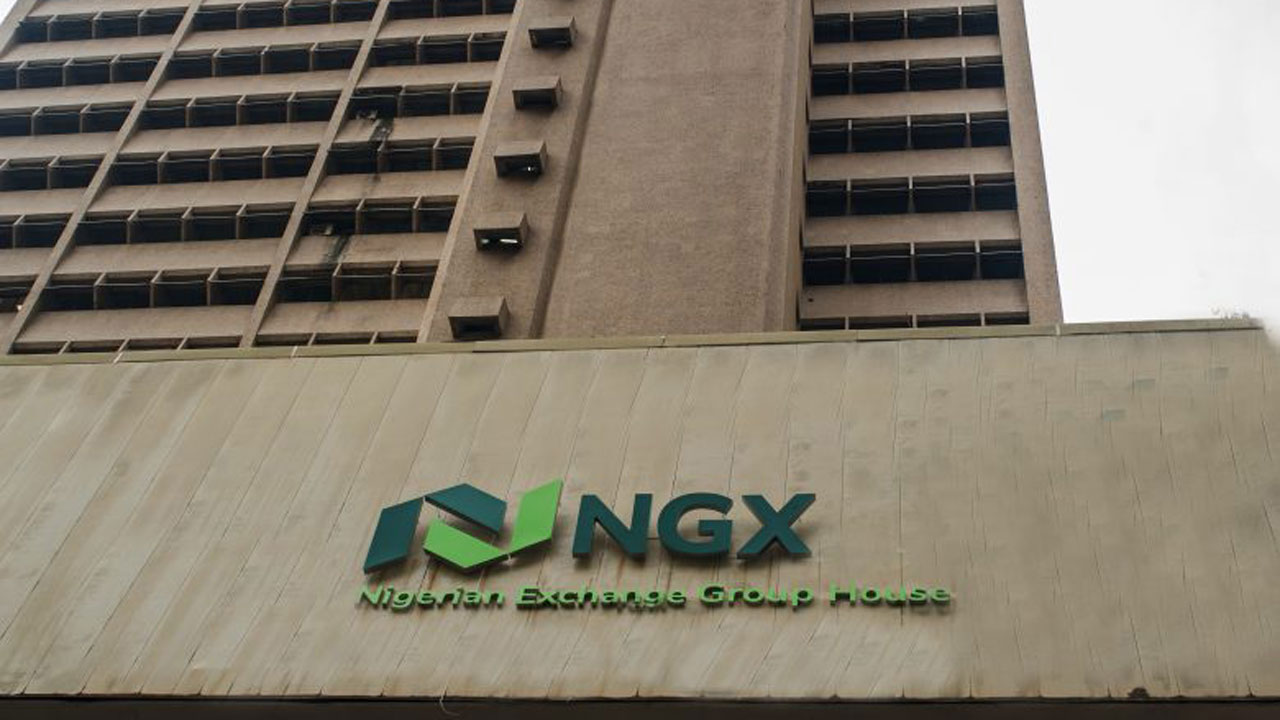- Sets December 31 deadline for new target
The Central Bank of Nigeria (CBN) has once more increased the minimum loan-to-deposit ratio (LDR) of commercial banks to 65 percent, up from the 60 percent, it had prescribed with a September 30 deadline.
According to Bloomberg, the central bank said it raised the minimum loan-to-deposit ratio to 65 percent to “sustain the momentum” seen in lending since it first lifted the measure in July.
Banks now have until December 31 to comply with the directive or risk an additional cash-reserve requirement equal to 50 percent of the lending shortfall implied by the ratio.
“All banks have strived to meet it, but not all did,” CBN Director of Banking Supervision, Mr. Ahmad Abdullahi, told Bloomberg, without elaborating.
The central bank in July gave banks until the end of September to show that they use at least 60 percent of their deposits for loans, or risk being punished with more onerous cash-reserve requirements.
The measure was among a raft of regulations aimed at forcing banks to boost credit¬– mainly to farmers, small-and-medium-size businesses and consumers– as President Muhammadu Buhari’s administration seeks to reignite economic growth.
CBN Governor, Mr. Godwin Emefiele, had said banks that failed to comply with the directive would be sanctioned by yesterday.
Nigerian lenders increased loans by more than N800 billion ($2.2 billion) in a bid to avert sanctions, including to industries targeted by the government, Abdullahi said, without giving details.
Total credit extended by the banking industry amounted to N15 trillion at the end of 2018, according to data compiled by the country’s statistics agency.
The total industry LDR stood at 57.64 percent as at July 2019, which is just less than three percent below the target, according to the latest CBN monthly economic report.
The firms had lost some of their appetite to extend credit after bad loans surged in the wake of a crash in crude prices, but are now starting to make headway into consumer lending amid the constant pressure from regulators.
“The impact on asset quality will be very apparent when the economy experiences a change in the business cycle,” Omotola Abimbola, a macro analyst at Chapel Hill Denham Securities Limited in Lagos, said.
Banks need to expand credit in a “sustainable manner, not in a rush, which will be the concern of some of the banks.”
The CBN had said the new LDR would be subject to quarterly review.
The Director-General, Lagos Chamber of Commerce and Industry (LCCI), Mr. Muda Yusuf, had stated that the greatest challenge business operators in the country have been facing over the years was access to credit, which he said had resulted to huge financing gaps.
He also noted that the banks had also been focusing on attractive government securities, thereby neglecting MSMEs that were desperately in need of loans.
“These developments created considerable distortions in the financial markets and considerably impeded domestic investment. It created major financial intermediation issues as the banking system became largely disconnected from the investing public. The real sector investors and the SMEs were the foremost victims of this distortion.
“The LCCI sees this new lending policy as a timely policy intervention to normalise the credit markets, spur economic growth and broaden the interface between entrepreneurs and the banking system. The banks would be obligated to be more tolerant of the entrepreneurs and be more creative in the creation of financial assets. The LCCI expects that the new lending policy would impact the economy positively,” he added.
Source: THISDAY











